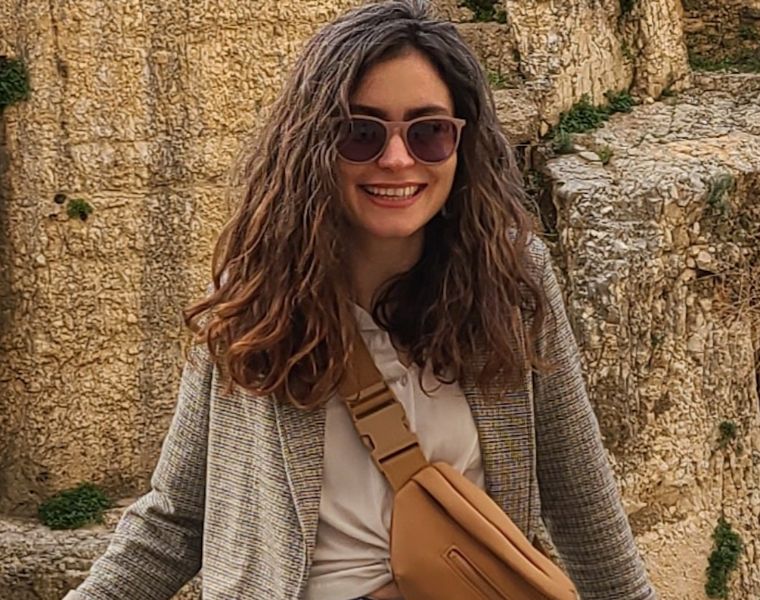April is Arab American Heritage Month, a time to celebrate the rich culture and contributions of the diverse population of Arab Americans in the United States. It’s the third year that the month has been formally recognized by the federal government. To recognize the occasion, The Daily is putting a spotlight on members of the Case Western Reserve University community who identify as Arab American.
The loud family gatherings, the calm afternoon coffee and tea, and the cold summer mountain breeze—these scenes are what Rita Obeid thinks about when she thinks of home. Small moments like this aren’t taken for granted in Beirut, Lebanon, where she was born and raised.
“In Lebanon, people love going out, socializing, and living life to the fullest no matter the challenges—I think because as a society, we know what it feels like to not have that as an option; the country still lives with the remnants of a 15-year civil war from the mid-1970s to late 1980s,” Obeid explained.
To cherish life is one of many lessons she learned growing up in the Middle East. Lebanon is one of the most religiously diverse countries in the Arab World, and Obeid believes that unique aspect of her childhood shaped her outlook on life.
“It can be such a unique strength, but often it is not as the country is very segregated religiously,” she explained. “I think growing up in such an environment but also having friends from so many different backgrounds made me truly appreciate people’s differences. This has been threaded in my life, teaching, and research ever since.”
Supporting students
Obeid moved to the United States 10 years ago to pursue a PhD in New York City. She’s now an instructor in the Department of Psychological Sciences at Case Western Reserve University, where much of her research focuses on examining predictors of language difficulties in school-aged children and understanding conceptions towards disability.
She teaches several courses at the university, from large lectures, to smaller, writing-intensive options—but one of her favorites is on general psychology because she can get her students as passionate about the subject as she is.
No matter the class, her goal—as both an instructor and a first-generation college graduate—is simple: To support, guide and advocate for her students.
“I have been truly affected by many mentors along the way,” Obeid said. “I do not think I would be where I am if it wasn’t for all the strong and impressive mentors in my life. I do hope that I can support my students the way I have been supported and make a lasting impression that can change their lives and careers for the better.”
Also at Case Western Reserve, Obeid supports the efforts of the Developmental Psychology Master of Arts program with an Early Intervention Specialization, where she works with Elizabeth Short, the program director, to guide students who are interested in training to work with young children.
Obeid is also part of the assessment committee in the Office of Interprofessional and Interdisciplinary Education and Research, where she works as part of an interdisciplinary team to evaluate the learning experiences of students registered in a course on interprofessional service learning.
Learn about other Arab American members of the CWRU community.

